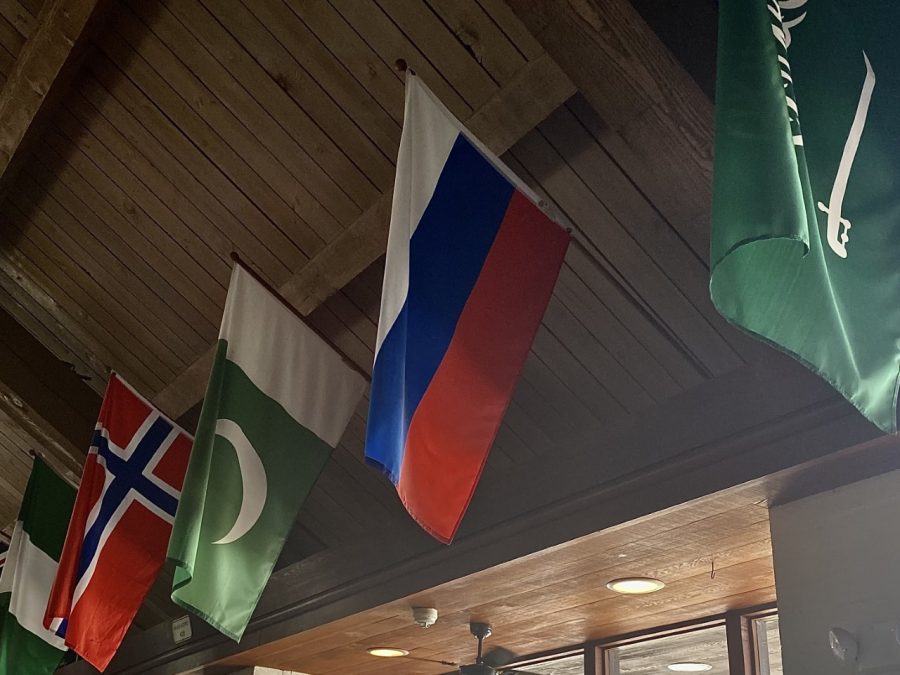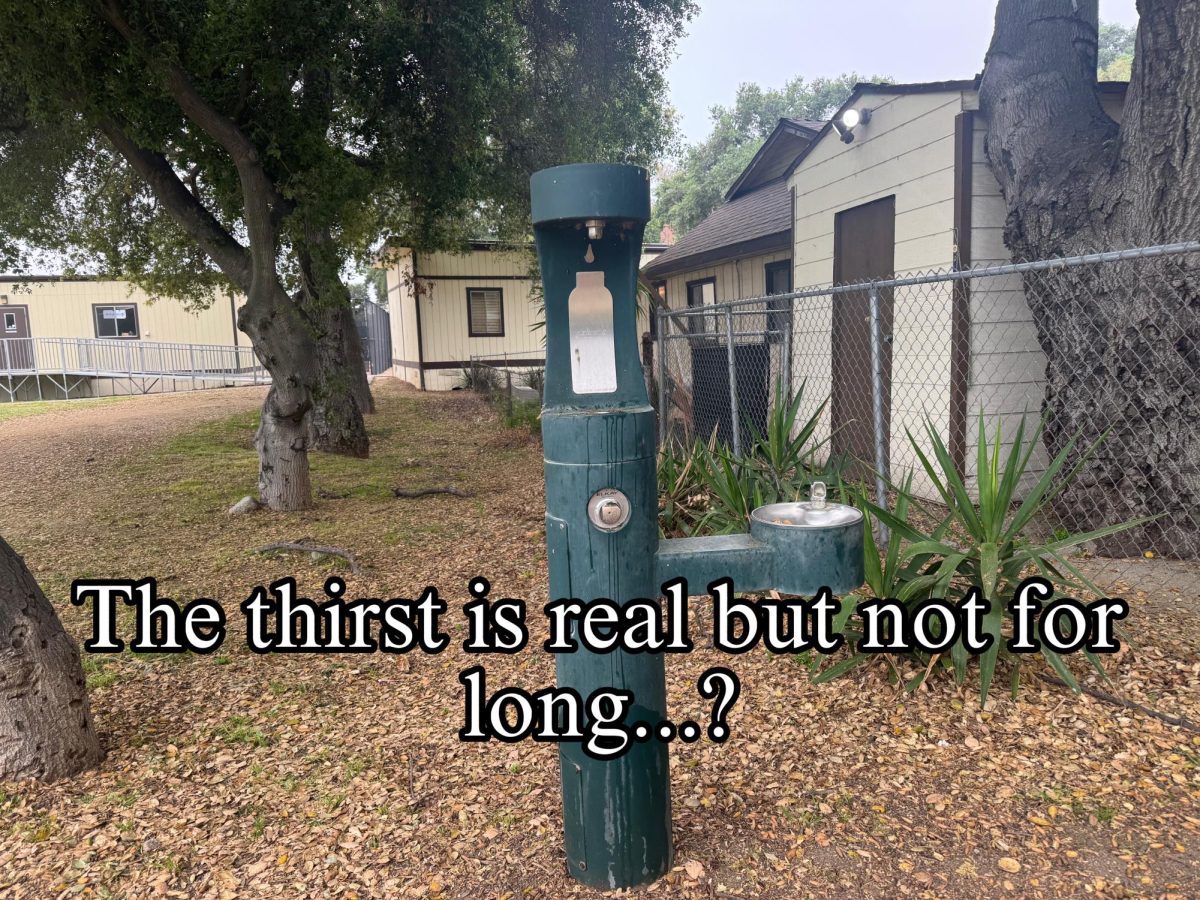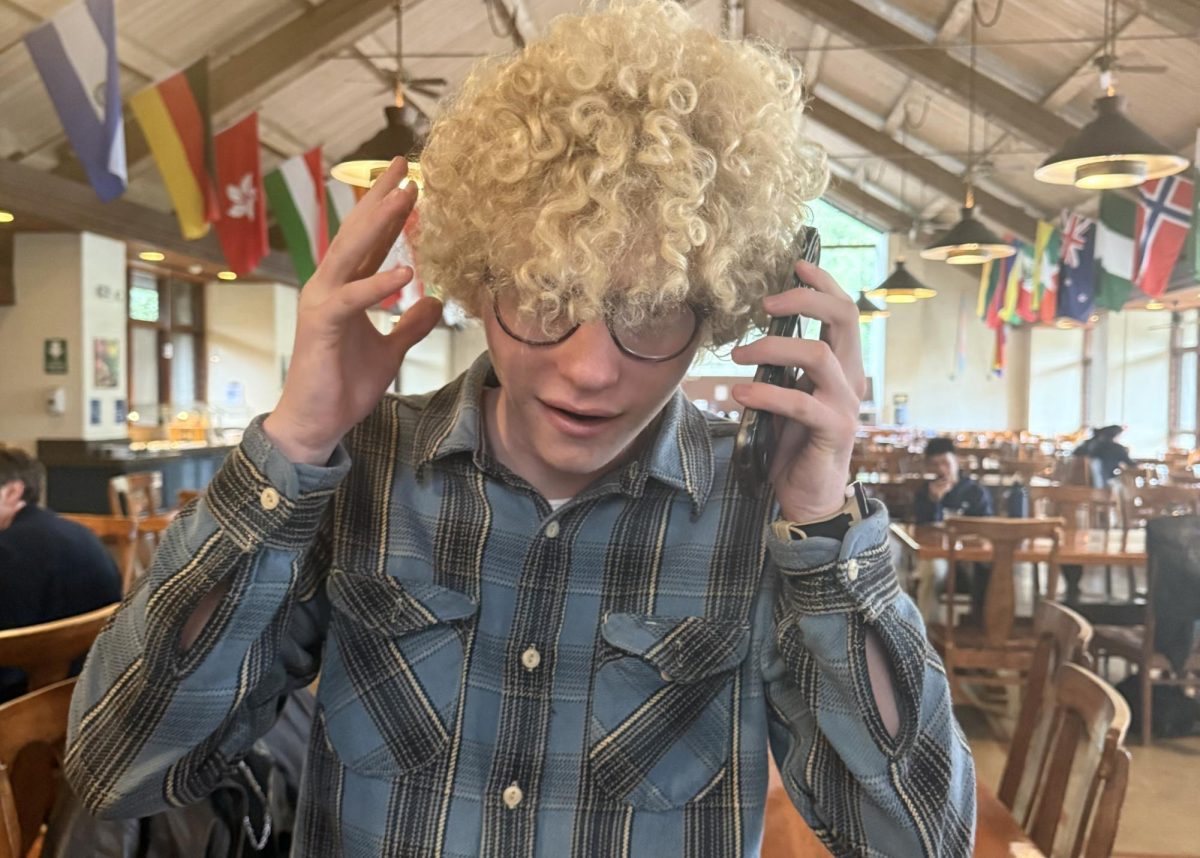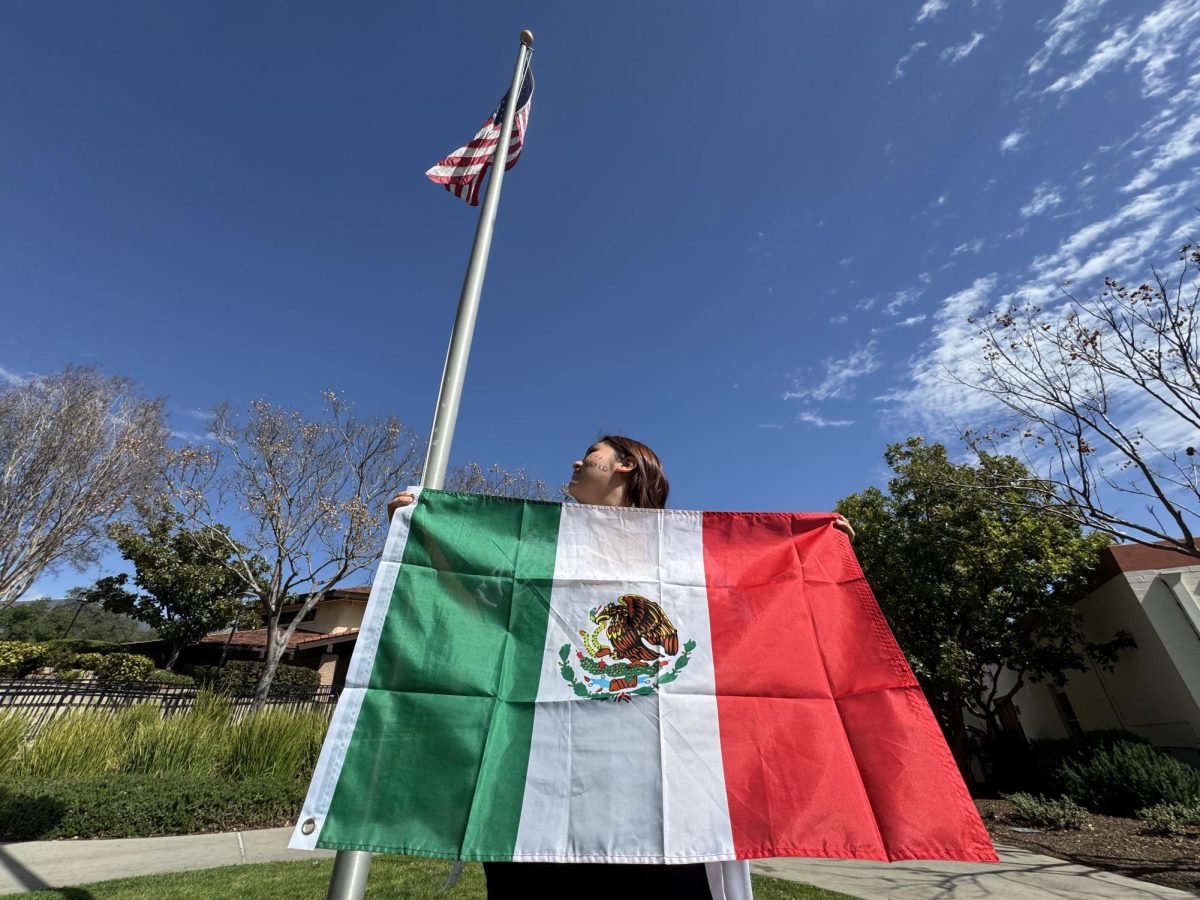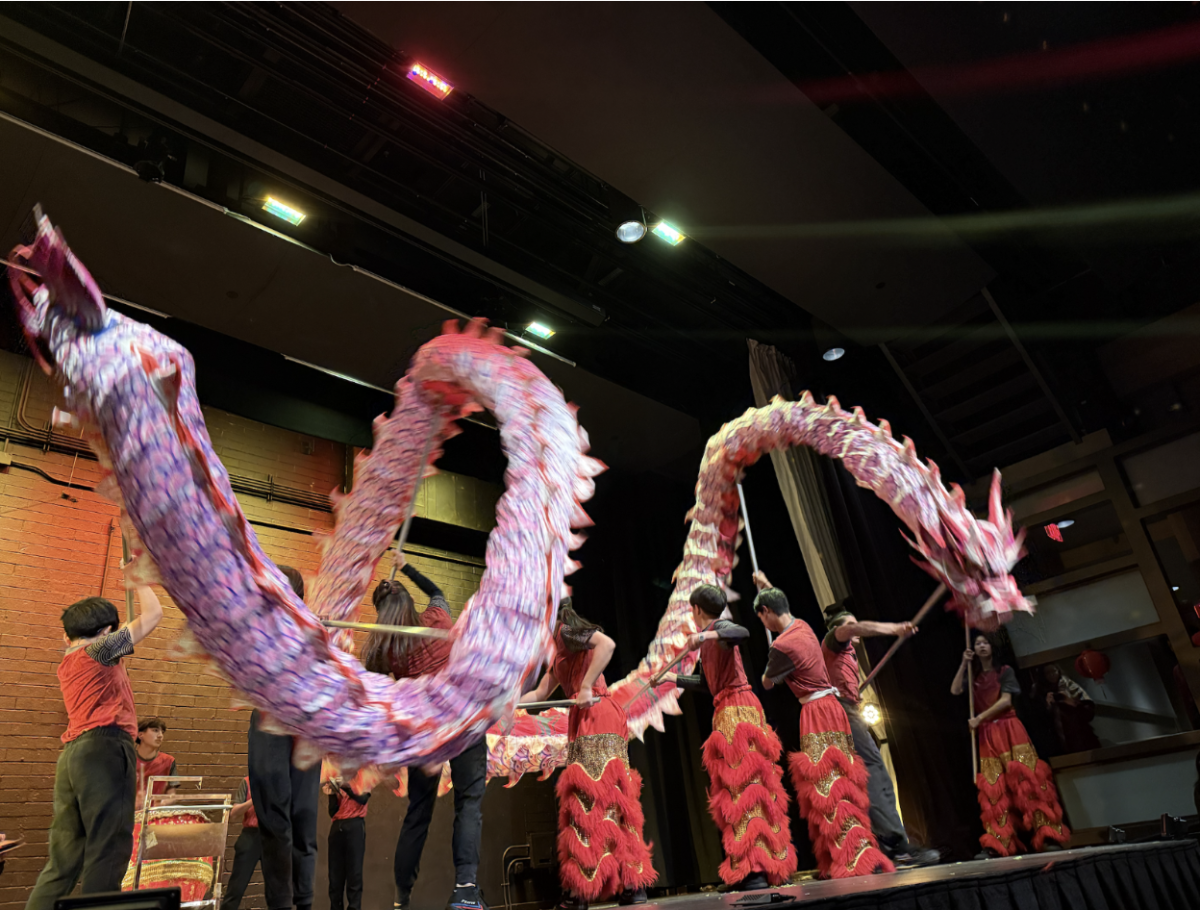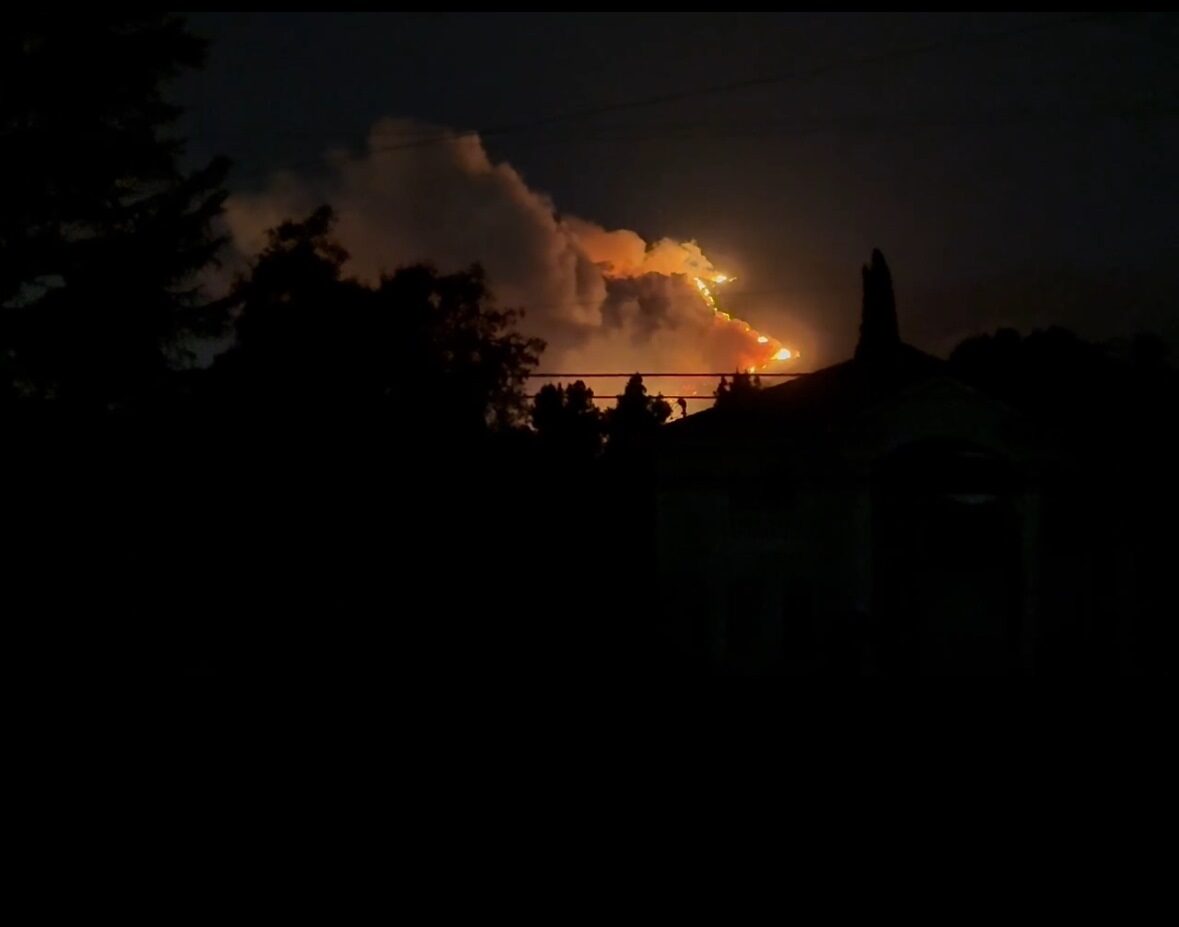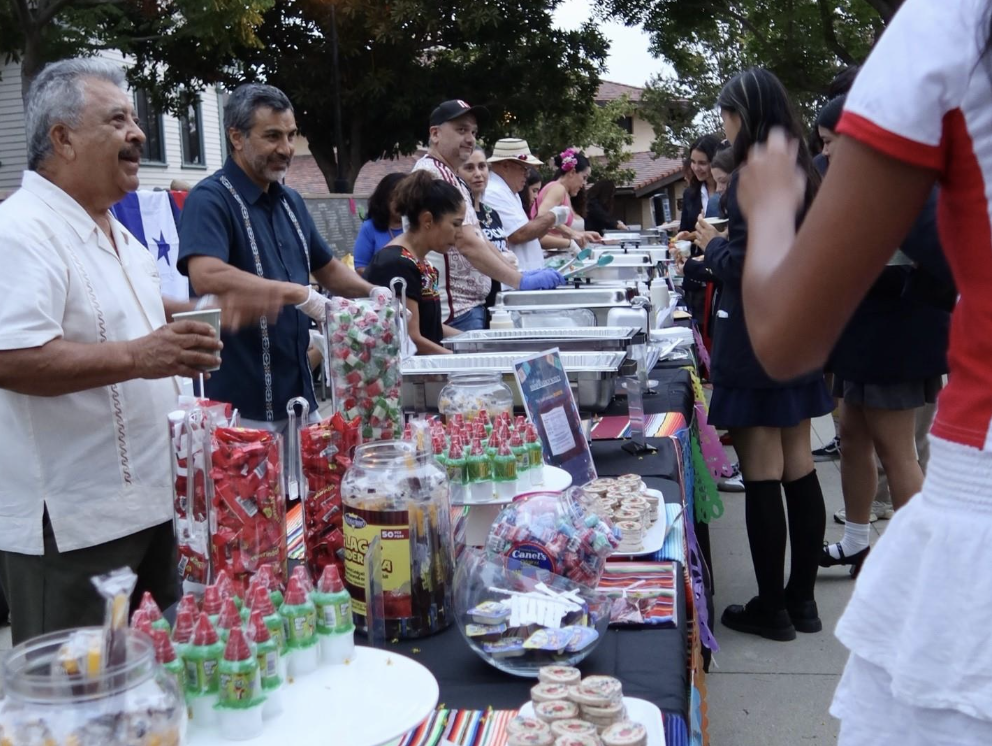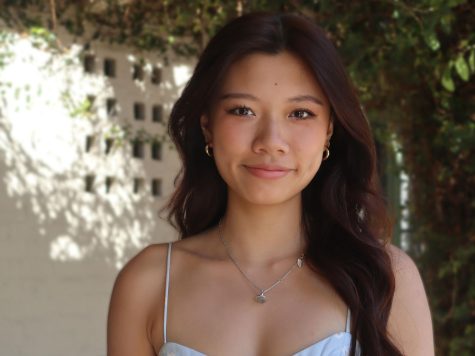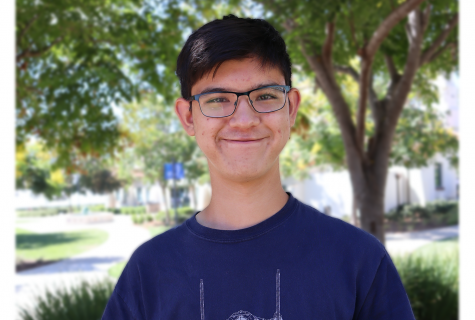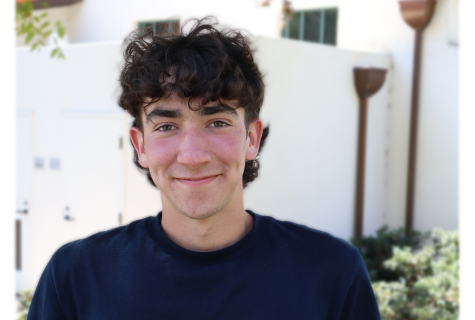As of February, more than 100,000 Russian troops line the Belarus-Ukraine border, conducting military exercises in the cold winter weather, as weapons systems and vehicles stand ready for a future conflict with Ukraine.
President Joe Biden expects the movement of these troops in coming days and does not discard an eventual invasion of Ukraine by Russian troops. The Russian government is concerned that Ukraine will move more towards European institutions.
Although Ukraine is an independent country, they still have a strong connection to Russia and have a big influence in their decisions, being their direct neighbor and past co-member of the Soviet Union.
This troop buildup on the Ukrainian border comes almost eight years after the Russian annexation of Crimea, in which soldiers, wearing Russian uniforms but no identifying insignia, occupied parts of Crimea.
“It started in 2014,” said Dan Danilova (‘23), a boarding student who moved to Ukraine from Russia in 2015. His mom’s family is fully Russian, and his dad’s family is Ukrainian, with family members currently living in both countries. “I think it was February that Russian troops occupied Crimea, the island, and they annexed it and declared it as their own property. Then, uprisings started in the Donbas region. So, the Borderland and Russia started sending unmarked troops and unmarked supplies to help what was initially going to be a domestic conflict and evolved it into essentially a war.”
This conflict resulted in a Crimean vote on whether Crimea wanted to join Russia or be given more autonomy. However, during the election, there was no option for those who wanted to remain part of Ukraine.
According to the New York Times, elections in Russia are not just; while there does seem to be a democratic system, members of the opposition party are pressured not to run. Furthermore, the BBC reports that there were allegations of ballot stuffing and other such measures.
“If you look at it, it’s very likely that that election was fraudulent, most elections [in Russia] are,” Dan said. “There’s not a lot of clear information about what went on during that time, because there was so much chaos. After the revolution, there were a lot of protests for the cause, but there were also a lot of protests against the cause. So, I think that it was natural that there was a lot of opposition against Ukraine becoming closer with the Western world.”
Crimea joined Russia, despite this referendum being considered illegal by the European Union and United States. The Russian government justifies these actions by saying that Ukraine and Russia have historical unity and are “one people.” Russia claims that Ukraine should side with Russia instead of the Western nations.
As of February 2nd, the American government approved the deployment of 3,000 troops to support NATO allies already in Ukraine. In conjunction with the deployment, the United States government is doing everything they can to prevent a possible war.
Biden has threatened to impose sanctions on Russian banks and financial institutions, an action that could severely affect the Russian economy. The US government has also announced that they have begun to develop sanction packages for Putin’s inner circle, a threat that affects the Russia elites who have a massive say in the decision of war. Other than preventative measures, the United States has considered providing Ukraine with more arms through the help of NATO allies.
To bolster its own forces, Ukraine has also begun training civilians to fight against a potential invasion. These actions are reminiscent of previous Cold War tensions, when the United States and Russia battled for global and ideological domination. The movement to Ukraine has also brought parallels to previous conflicts such as the Cuban Missile Crisis, in which nuclear missiles were placed in Cuba by the Soviet Union in response to American missiles in Turkey.
“It feels a lot like previous times in which the US and Russia […] have kind of gamed and used other places in order to send messages to each other or to shore up positions.” said Dr. Lauren Hartle, humanities department faculty, who teaches Advanced Studies The Cold War Era course.
These tensions have not dissipated since the Cold War but have quietly built up over time with the addition of several nations to the alliance.
NATO is a byproduct of Cold War tensions,” Dr. Hartle said. “[NATO] alliances, that were made to protect Western Europe from the Soviet Bloc of the 1950s and onward, might seem obsolete to some once the Soviet Union dissolved in 1991, but NATO and its member states have continued to grow since that time.”
This buildup of tensions is not completely the fault of the United States, however. Russia has been committing aggressive acts in Eastern Europe, such as the annexation of Crimea and deployment of troops to Kazakhstan.
“There’s just been a long history of both the US and Russia,” Dr. Hartle said. “It’s not one side, it’s both, saying one thing, doing another, pursuing peace but extending weapons-based alliances. Actions speak pretty loudly, and both are guilty of bad behavior.”
At Webb, international students with Ukrainian and Russian roots talk about their experiences, view of the issue, and the actions they can personally take.
“My dad’s kind of thinking about what do we do, and where do we go,” Dan said. “But also, my family in Ukraine are very patriotic so I feel like if something does happen, they will stay there and try to support whatever’s happening.”
Ellen Petrova (‘25) is a Russian native, born and raised in Moscow and has lived there up until moving to Webb as a freshman.
“We’re all scared about [the potential war], though,” Ellen Petrova (‘25) said. “The thing is, with the President that has been ruling our country for 20 years and doesn’t really understand what is going on around him, there is nothing that we can expect from him. […] I remember talking to my dad, and he was like, well, according to logic, these are the reasons why he doesn’t want to start the war, but we don’t know because we can’t expect anything from him.”
At this point, everything is up in the air. Whether or not war will happen is up to Putin, and the best Ukraine and the rest of the world can do is to prepare for the worst. Regardless of US involvement, these events affect us, and those in our community, more than we think they do. An understanding of these issues helps us better support our peers while ensuring that our worldview is not US-centric, or merely based on what we directly witness. Families like Dan’s and Ellen’s live every day in uncertainty, in fear, and in anticipation.
“I don’t know much about Zelensky [President of Ukraine] because I’m not from Ukraine,” Ellen said. “But I know like the President of my country, [President Putin has] been the President for 20 years and created a world around him. He just put some people that he knew from childhood or College or KGB College that he attended. So now those people just tell him that everything is fine. He doesn’t really understand what is going on around him, and he’s playing with countries as if they’re toys.”


